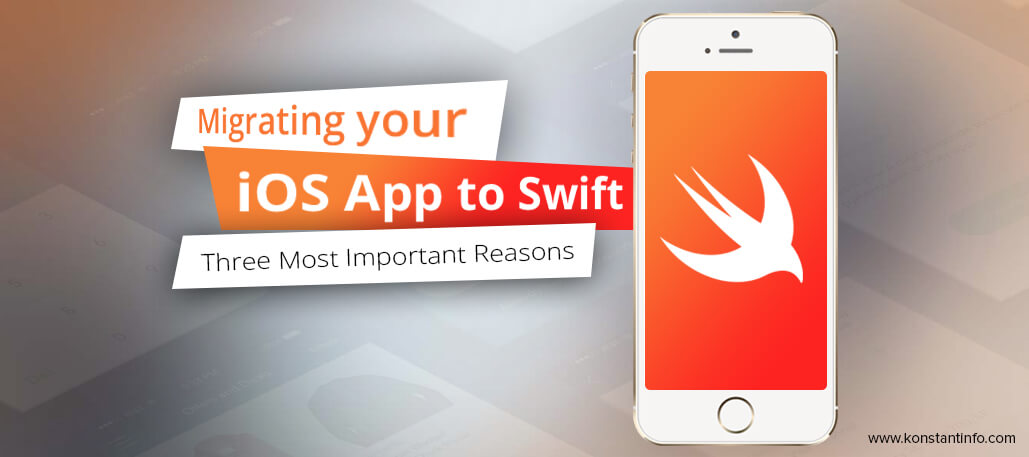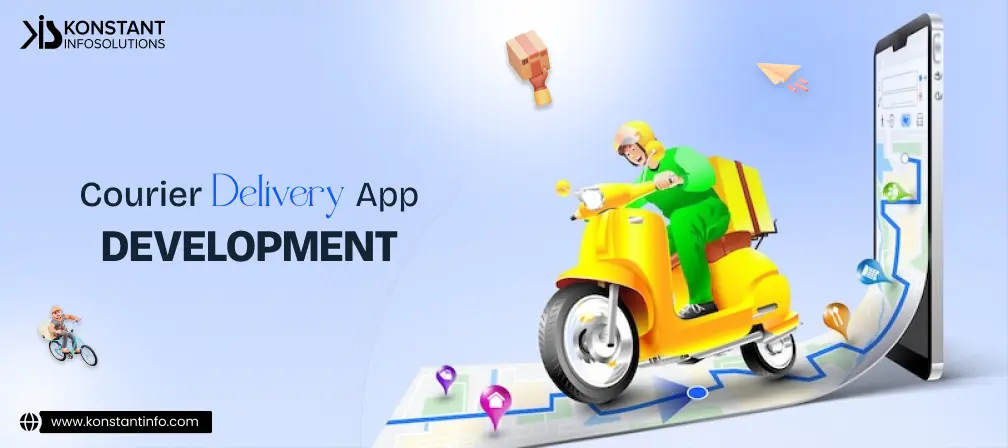
Each of you who is planning to develop an iOS app must rethink about the programming language you choose for the development. Whether you do it yourself or outsource from an iOS app development firm, selecting a programming language is a big question. While Objective-C has been doing well until now, most of us are hesitant in taking a risk with an entirely new package.
But honestly, Swift is worth taking a plunge and using for your next iOS app. You will be sure by the end of this article.
As per Wikipedia, Swift is open-source, compiled and multi-platform language created by Apple Inc. to write codes for iOS, MacOS, WatchOS, tvOS app development.
Swift has been embraced in 2014, showing significant growth in 2015 and 2016. However, it’s benefits are still not recognized by developers and IT businessmen because people lean towards using a familiar language and then when we have Objective-C for iOS app development, why do we need a new language?
With a strong error handling system and robust typing mechanism, Swift ensures stable and less erroneous code with fewer potential errors. Fast and powerful, all the codes written in Swift are compatible with latest hardware and thus, it makes the most out of them. It provides Cocoa developers the power and simplicity of coding to create some high-quality apps.
So, the result is a cleaner and more expressive code with simplified syntax. It’s more like a natural English code, unlike the syntax-oriented Objective-C.
One of the benefits that’s still unknown to many is Swift’s support for dynamic libraries, which is a boon for the iOS app owners as the language itself updates the libraries with major OS upgrades like from iOS8, iOS9, iOS10. Dynamic libraries are a collection of codes that’s executable and linked to an app, which allows the existing Swift apps to link to the new and updated versions. These dynamic libraries are included within the App bundle that’s downloaded from the App store. Further, dynamic libraries propagate the language improvements and changes faster, reducing user’s time.
So, a modern programming language like Swift evolves faster than iOS itself. Swift is the influencing future of iOS app development for many years to come, as the language is more approachable and loaded with rich features.
When deciding between Objective-C and Swift, do examine the project context thoroughly with Project Manages and technical team as they can assist you with some expert moves. Our team at Konstant is adroit in Swift and has delivered several projects that are making great money from iPhone users. Call us for an expert assistance; we’ll provide a SWIFT solution.



Heena Banga is a Senior Content Developer at Konstant Infosolutions- a globally recognized mobile application development company. She leads marketing and growth initiatives at the company using a mix of technical and business content tactics. Heena also contributes articles to CrowdReviews, OpenSourceForU, Sociableblog, ducttapemarketing, PAYMILL blog. She hopes to enjoy a business conversation onboard a commercial space flight someday. Her ultimate goal is to combine business and writing and go into Advertising.
Or send us an email at: [email protected]